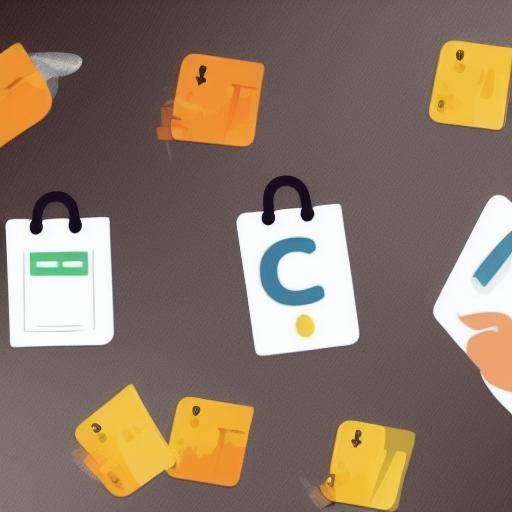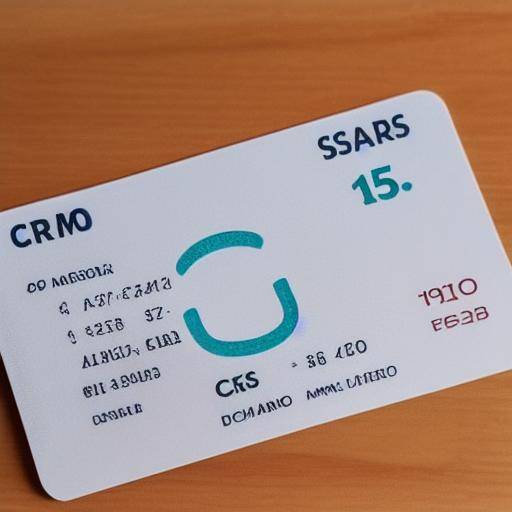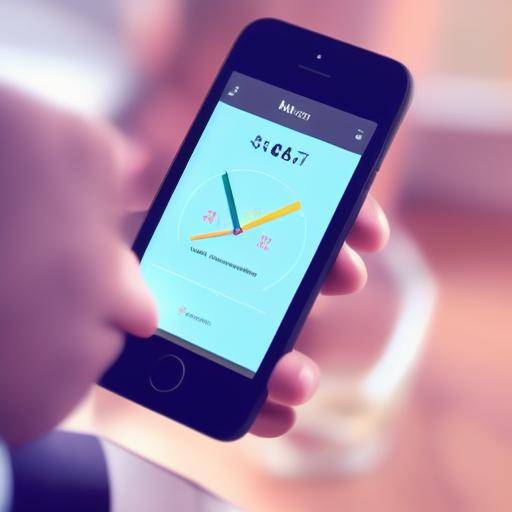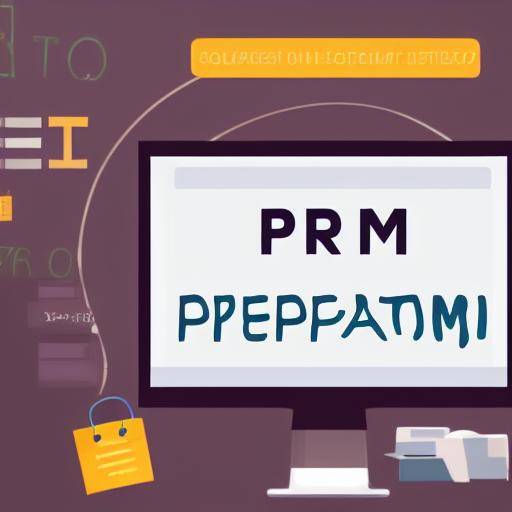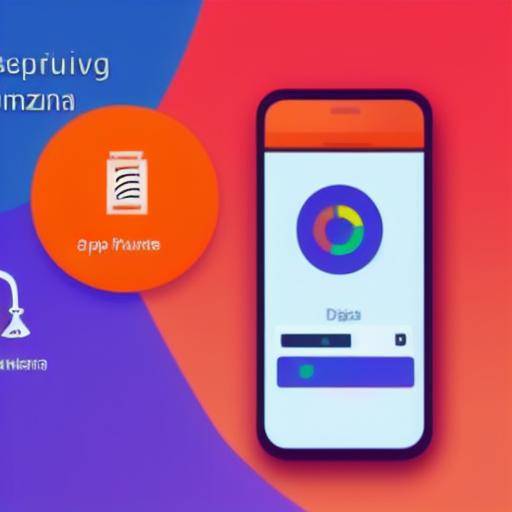
In our daily lives, it is easy to ignore the unnecessary expenses that can significantly impact our finances. It is essential to control and evaluate our consumption habits at home to effectively save money. In this article we will explore practical advice to avoid unnecessary expenses and achieve greater control and savings in our domestic finances.
Evaluation: Understanding your expenses
Before you can control and reduce unnecessary costs, it is crucial to conduct a detailed assessment of your spending. Often, we spend impulsively or without considering whether we really need certain products or services. Some tips for evaluating your expenses include:
- Creation of a monthly budget: Keeping a detailed record of your monthly income and expenses will help you identify spending patterns and areas where you can reduce.
- Analyzing your bills: Reviewing service bills such as electricity, water and gas will help you identify potential resource leaks and find ways to reduce consumption.
- Compare prices: Before making a purchase, compare prices in different stores or online to find the best offer.
Control: Configuration and discipline limits
Once your expenses are assessed, it is crucial to set limits and control your consumption habits. Control over your home expenses can be achieved by:
- Establishment of an Emergency Fund: By assigning a portion of your income to an emergency fund will help you avoid resorting to unnecessary expenses in case of unforeseen events.
- Savings Goals: Defining clear savings goals will motivate you to reduce unnecessary expenses and help you maintain control of your finances.
- Distinguishing between needs and desires: Before making a purchase, ask if you really need the product or if it is just a momentary wish. This simple reflection can help you control the purchase of unnecessary impulse.
Savings: Strategies to reduce unnecessary costs
Once you have assessed your expenses and established control over your consumption, it is time to implement specific strategies to achieve greater savings at home. Some effective recommendations include:
- Efficient energy consumption: Opting for energy-saving light bulbs, unplugging devices not in use, and using efficient appliances can significantly reduce electricity costs.
- Commercial planning: Making a shopping list before going to the grocery store and avoiding impulse purchases will help you reduce unnecessary expenses.
- Revision of Subscriptions and Contracts: Often, we are subscribed to services that we no longer use or have unnecessary contracts. Reviewing and canceling what we don't need will generate significant long-term savings.
Conclusion
In short, avoiding unnecessary costs at home requires accurate evaluation, disciplined control and the implementation of effective savings strategies. By following these tips, you can not only reduce your home expenses, but also improve your financial control and save for future goals.
Frequently asked questions
1. How can I assess whether an expense is really necessary?
The need for an expense can be assessed by considering whether it is essential for your well-being or your family. If an expense does not significantly contribute to its quality of life or well-being, it is likely to be unnecessary.
2. How can I control the purchase of impulses and reduce unnecessary expenses?
An effective strategy is to establish a "period of reflection" before unplanned purchases. This will give you time to consider if you really need the product.
3. What is the best strategy to save on utility bills such as electricity and water?
The adoption of renewable energy sources, the rational use of water and the repair of potential domestic leakage are effective strategies to reduce energy and water consumption, resulting in significant long-term savings.
4. How can I generate additional income to complement my savings efforts?
Explore opportunities for additional income, such as selling items you no longer need, renting a spare room at home, or looking for independent work you can do in your spare time.
5. Is it advisable to use credit cards for daily household purchases?
It depends on responsible management. If you use credit cards to accumulate benefits and rewards but pay the full balance every month, it can be beneficial. However, if you tend to accumulate debt, it is preferable to limit your use.
6. How can I keep my discipline in the control of long-term expenses?
Establishing clear goals, regularly reviewing budgets and visualizing the long-term benefits of disciplined expenditure control can help you maintain motivation and discipline.
By implementing these tips and adopting a conscious approach to their consumption habits, you can avoid unnecessary expenses at home, achieve greater financial control, and make significant savings in the long term. Remember, consistency and discipline are key to achieving the financial balance you want.


